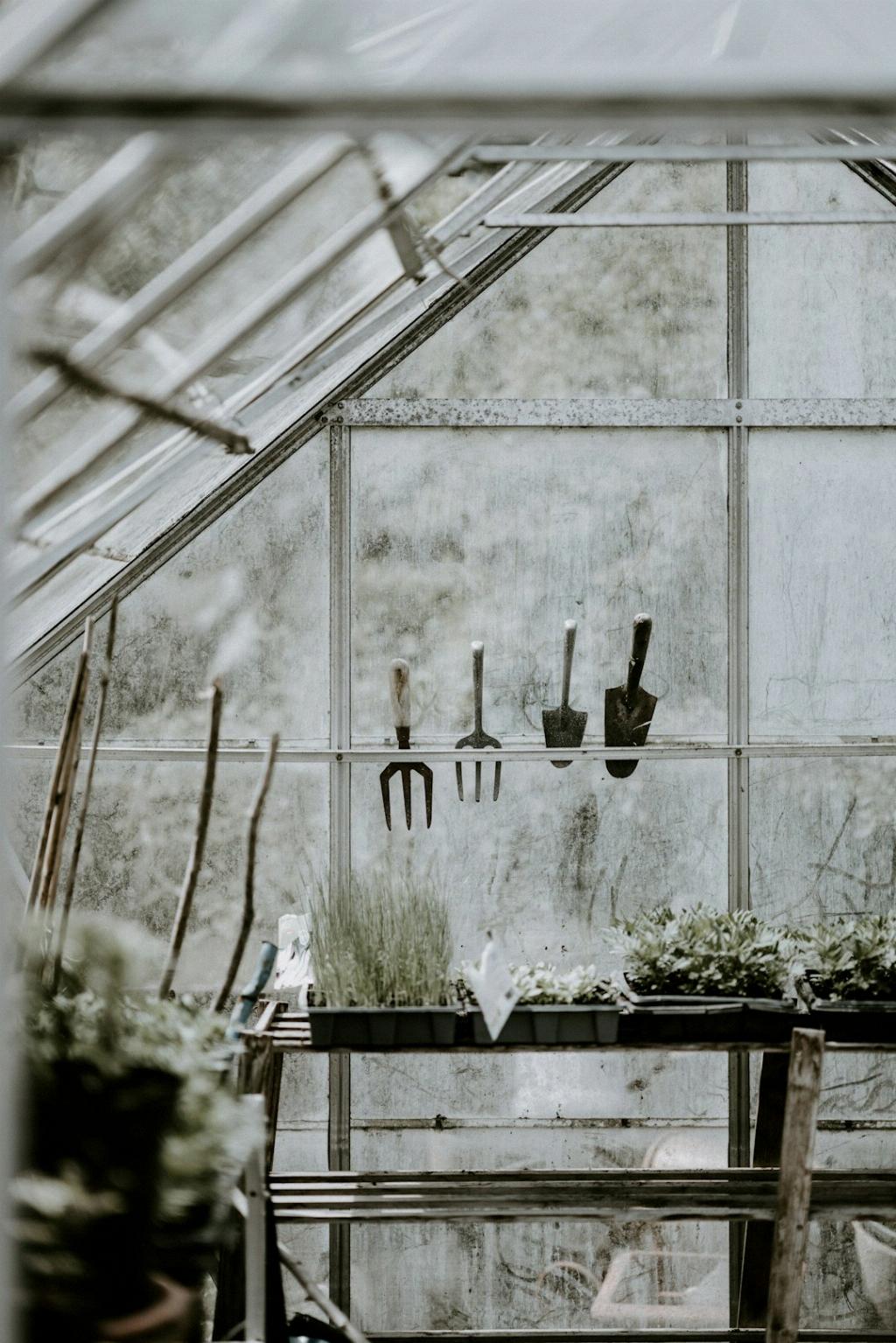When it comes to starting a raised vegetable garden, one of the most critical decisions you’ll need to make is the type of soil you will use. The soil composition plays a crucial role in the growth and development of your plants, determining their overall health and productivity.
Compost: The Nutrient-Rich Choice
Compost is a popular choice for raised vegetable gardens due to its nutrient-rich properties. It is packed with organic matter, beneficial microorganisms, and essential nutrients that are vital for plant growth. Using compost as the primary component of your garden soil can help improve soil structure, increase water retention, and promote healthy root development.
Topsoil: Building a Strong Foundation
On the other hand, topsoil is an essential component for building up your garden bed and providing a solid foundation for your plants. While topsoil primarily consists of dirt with some organic matter mixed in, it can help improve drainage, prevent soil erosion, and support the growth of vegetables in your raised garden.
Blending Compost and Topsoil
To create the optimal growing environment for your raised vegetable garden, consider blending compost and topsoil in a ratio that suits your plant’s needs. This combination can provide the benefits of both nutrient-rich compost and supportive topsoil, offering the perfect balance of organic matter and stability for your plants to thrive.
Key Considerations for Soil Mixtures
When choosing the right soil mixture for your raised vegetable garden, consider factors such as the types of vegetables you intend to grow, the drainage requirements of your plants, and the overall climate conditions in your area. Different plants have varying soil needs, so it’s essential to tailor your soil mixture to meet the specific requirements of each crop.
Benefits of Using Organic Soil Amendments
In addition to compost and topsoil, incorporating organic soil amendments such as peat moss, perlite, or vermiculite can further improve the quality of your raised garden soil. These additives can enhance soil aeration, water retention, and nutrient availability, creating a well-balanced environment for healthy plant growth.
Testing and Adjusting Soil pH Levels
Before planting your vegetables, it’s essential to test the pH level of your soil to ensure it falls within the optimal range for vegetable growth. Most vegetables prefer slightly acidic soil with a pH level between 6.0 and 7.0. If your soil pH is too high or too low, you can adjust it by adding lime to raise the pH or sulfur to lower it accordingly.
Maintaining Soil Moisture and Nutrients
Proper soil maintenance is crucial for the long-term health of your raised vegetable garden. Ensure that your soil retains adequate moisture by watering your plants regularly and applying a layer of mulch to prevent evaporation. Additionally, regularly adding organic fertilizers or compost tea can help replenish essential nutrients in the soil and promote continuous plant growth.
Preventing Soil Compaction and Erosion
To prevent soil compaction and erosion in your raised vegetable garden, avoid walking on the soil when it’s wet and implement proper drainage systems to redirect excess water runoff. Adding cover crops during the off-season can also help protect the soil structure, improve soil fertility, and reduce the risk of erosion in your garden bed.
Conclusion
Choosing the right soil for your raised vegetable garden is a crucial step in ensuring the success of your crops. By selecting a well-balanced soil mixture of compost, topsoil, and organic amendments, testing and adjusting soil pH levels, and maintaining proper soil moisture and nutrient levels, you can create an optimal growing environment that promotes healthy plant growth and abundant vegetable yields in your raised garden bed.

